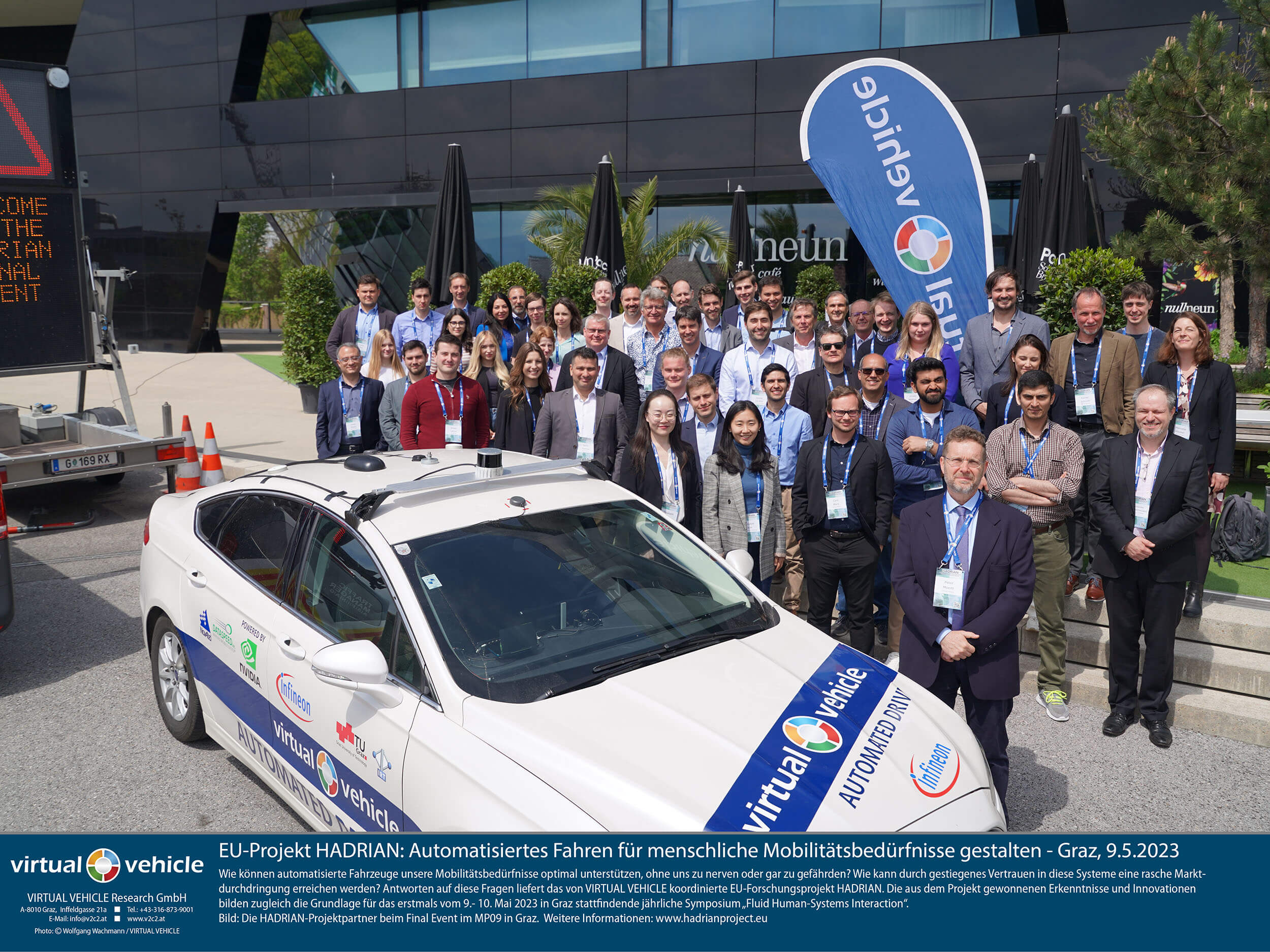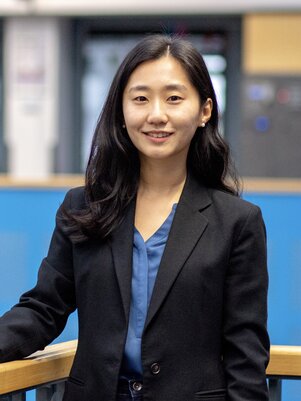HADRIAN project answers automated vehicle questions through design
How can automated vehicles optimally support our mobility needs without annoying or even endangering us? How can rapid market penetration be achieved through increased trust in these systems? Answers to these questions are provided by the EU research project HADRIAN, which has finished this month, and where TU Delft was one of its members.
Highly automated driving promises more safety and a variety of novel mobility options for otherwise excluded mobility participants, less stress and the opportunity for more meaningful activities while driving.
Growing complexity
However, powerful smart technology is also becoming increasingly complex, also the safety and reliability of systems need to be carefully aligned to meet our needs. Thereby, the "human factor" is a critical part of this equation: in its diverse manifestations of intuition and experience, individuality and trust, acceptance and excessive demands, it forms the measure of all things in the development of new technologies.
The EU research project HADRIAN, which started in 2019 and ended this month, has investigated how human-centered user interface design can help drivers better harness the benefits of automated vehicles.
To this end, the HADRIAN project displays relevant information from the road infrastructure in the vehicle and supports it with fluid interactions.
The impact of Delft design
Sixteen partners from all over Europe participated in the project, and Soyeon Kim, René van Egmond, Elmer van Grondelle and Riender Happee worked on the project from TU Delft.
TU Delft designed and evaluated user interfaces that support drivers' situation awareness and enhance trust in automated vehicles, and the design results were applied to final demonstrators.
By bridging the gap between humans and automation systems, TU Delft aims to pave the way for a future where humans and machines work together seamlessly, fostering safer and more efficient transportation.
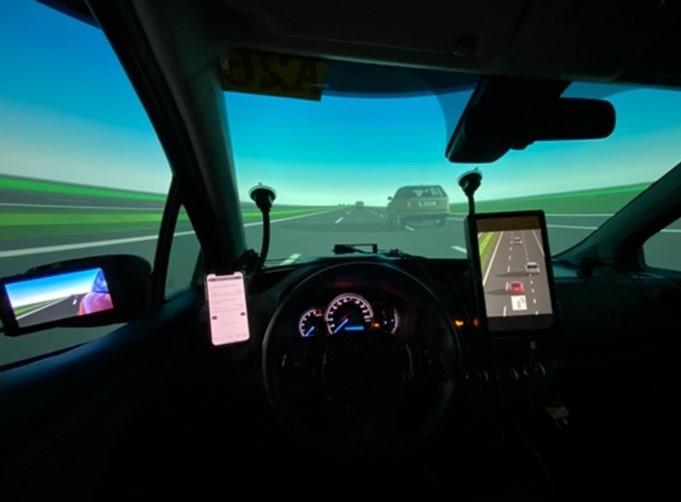
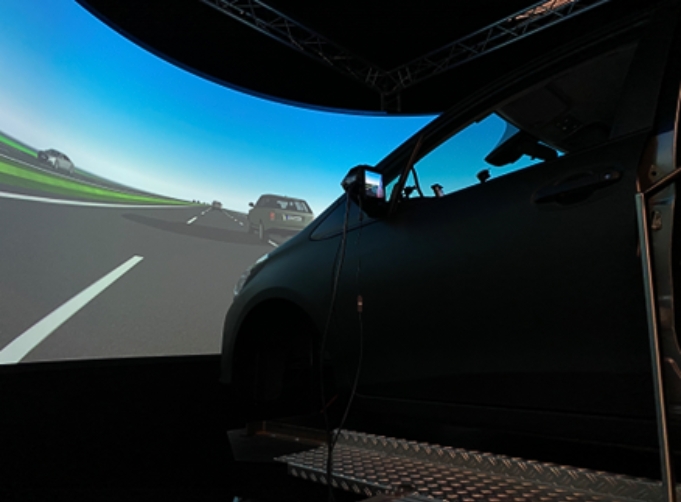
The knowledge and innovations gained from the project were presented during the final event of the EU project HADRIAN, which took place on May 9 -10 in Graz, Austria.
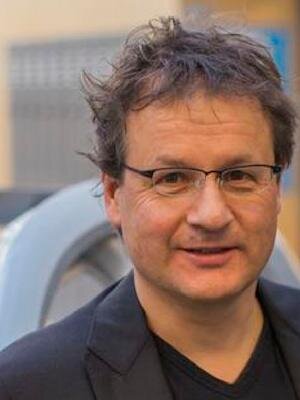
Elmer van Grondelle
- +31 (0)15 27 89488
- e.d.vangrondelle@tudelft.nl
-
Room C-3-220
"I am not here to teach you. You are here for my entertainment."
René van Egmond
- +31 (0)15 27 88324
- R.vanEgmond@tudelft.nl
-
Room C-2-290
Present on: Mon-Tue-Wed-Thu
"Understanding the experience of product sounds leads to gratifying the human ear."

Riender Happee
Researcher
- +31 (15) 27 84981
- r.happee@tudelft.nl
-
Faculty of Civil Engineering and Geosciences
Building 23
Stevinweg 1
2628 CN DelftRoom: 4.18
